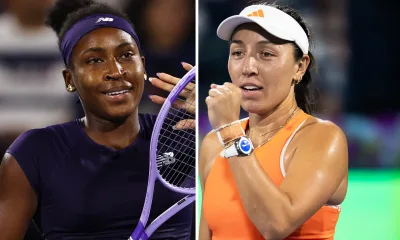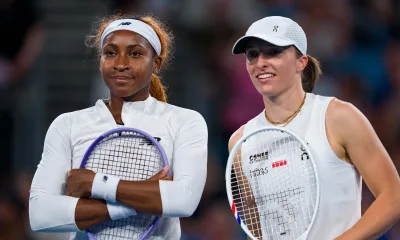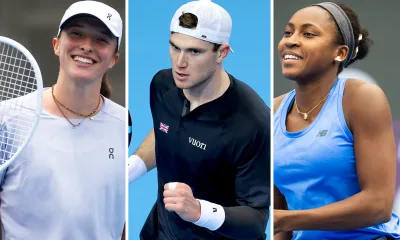Grand Slam US Open WTA
Gauff and Osaka Renew Rivalry as US Open Rematch Looms
Gauff and Osaka renew their rivalry at the US Open; winner advances to face Kostyuk or Muchova. Now.
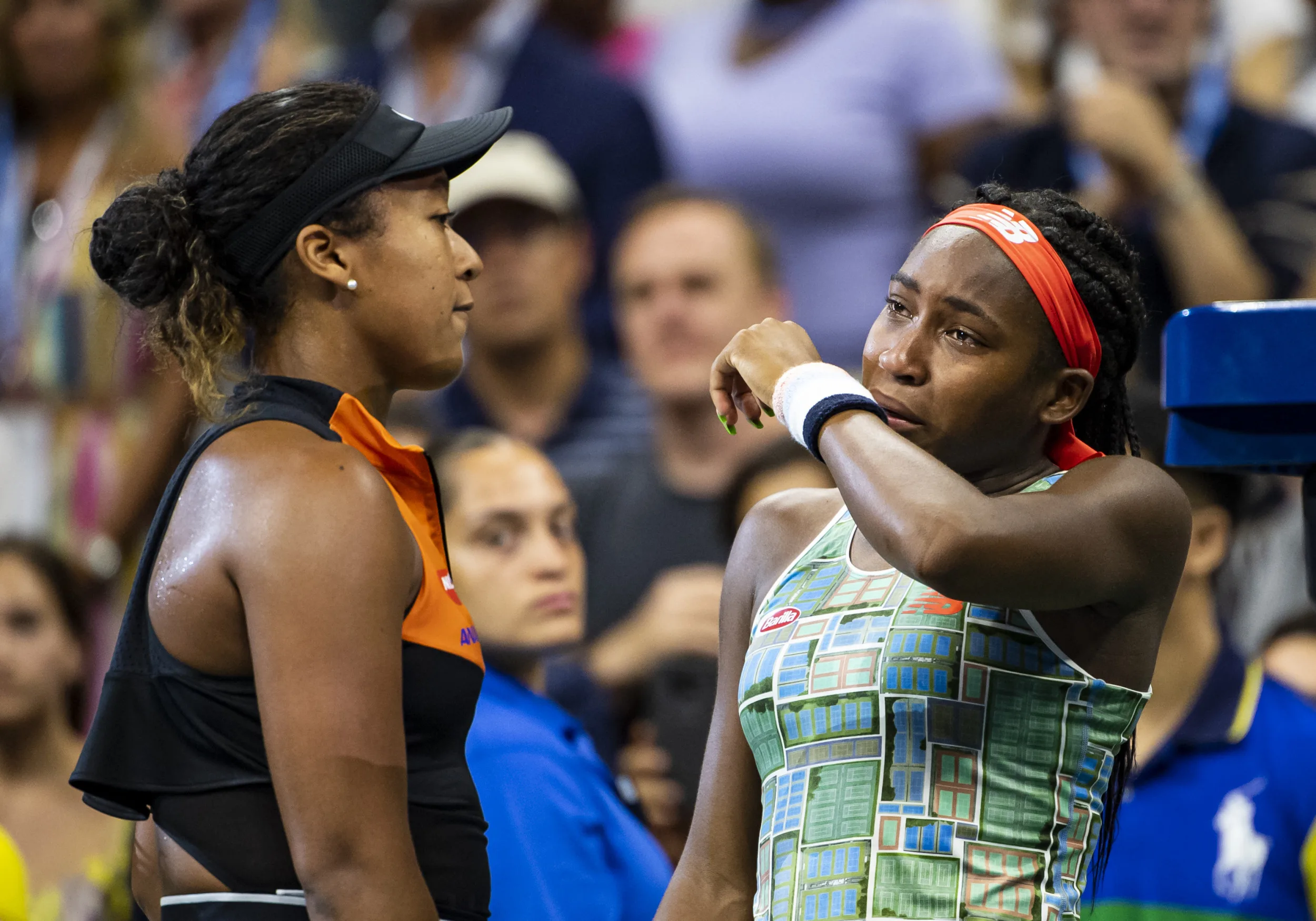
Two of the WTA Tour’s most prominent champions meet again in a fourth-round US Open showdown after decisive third-round victories.
Third seed Coco Gauff reached this marquee match by dispatching 28th seed Magdalena Frech, dropping just four games in what was her most convincing performance of the tournament so far. Resurgent 23rd seed Naomi Osaka booked the clash by overcoming 15th seed Daria Kasatkina in the third round.
Their next meeting follows five previous encounters and a China Open quarter-final last October that ended with Osaka forced to retire injured. One of the pair’s most memorable meetings came at this tournament in 2019, when a 15-year-old Gauff made her New York debut and Osaka prevailed 6-3, 6-0. That experience proved formative for Gauff and helped shape her trajectory in the seasons that followed. “That moment, I remember it was a tough, tough moment for me because it was a hyped up match,” Gauff said.
“And I remember, looking back at it, I guess I put way too much pressure on myself thinking I maybe had a chance in that moment to actually do something, which I definitely did.
“But I think it was just that I felt more of expectation that I should than maybe belief. And so then, when I played her in Australia, that was more belief than expectation.
“Naomi and I, we aren’t like super close or anything, but we’re definitely friendly with each other, and I support her from afar and all the things that she’s done on and off the court. So I’m imagining we would probably be on Ashe, and at night, I’m just assuming.
“So it would be a cool kind of a deja vu type of situation, but hopefully it’ll be a different result.”
After beating Gauff in the third round in 2019, Osaka’s title defence ended with a fourth-round loss to Belinda Bencic. She returned to lift the US Open title in 2020, and this is her first time back in the second week in New York since that triumph. “Yeah, I mean my recollections were that I remember just knowing that she was going to be a really great tennis player, which she was,” Osaka said. “So now to be playing her again after six years, I don’t know if that makes me old, but, yeah, just to be at this point of my life and to be playing her again is honestly, for me, feels kind of special.”
Gauff arrives with serving concerns noted earlier in the tournament but believes facing a calibre opponent like Osaka can relieve some pressure. “I think it’s an advantage, like if I, for me, mentally, I think to play a calibre opponent like her.
“I think sometimes even though all the women on tour are incredible, but when you have these matchups where you know, you’re so heavily favourited, it puts more pressure, I think, than when you’re playing someone who I guess the odds people view it differently.
“I think she’s having a great season and is always a tough player and a threat on, especially on hard court. So I think, you know, that match, I guess, odds, why it can really go either way.
“And I think for me, that almost takes the pressure off.”
The winner on Monday will face Marta Kostyuk or Karolina Muchova in the quarter-finals.
Australian Open Grand Slam Player News
Naomi Osaka on legacy, motherhood and the aims she still has for her career
Osaka reflects on legacy, motherhood, fashion and tennis, and hopes to make the sport more inclusive
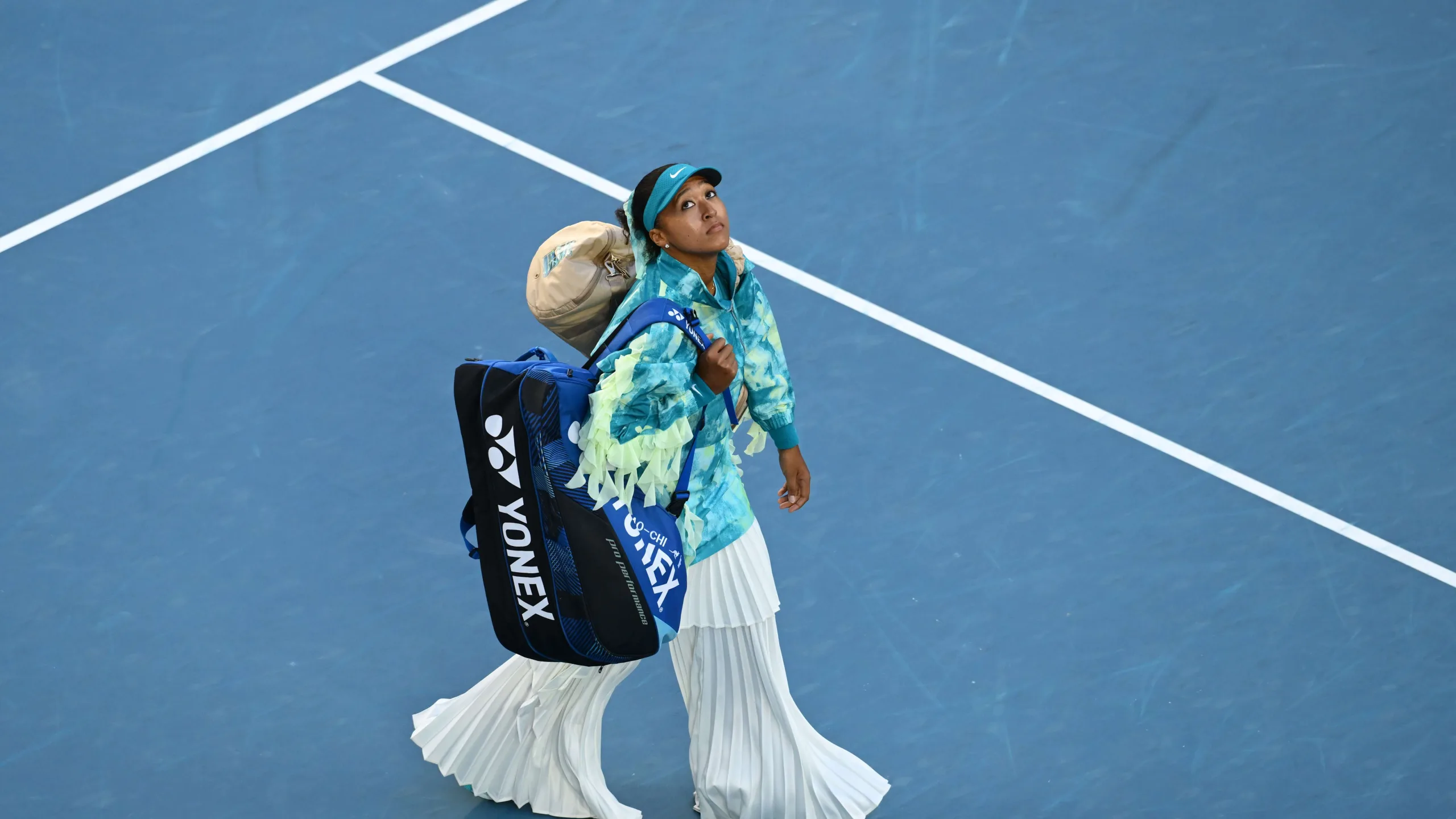
Naomi Osaka used a recent Hypebeast digital cover to reflect on the arc of her career and the priorities that have shifted since becoming a parent. The four-time Grand Slam singles champion discussed fashion, off-court interests and the ways tennis has changed since she first arrived on tour, but much of the feature turned to how she hopes to be remembered.
Osaka, who acknowledged a “love-hate relationship” with the sport, said the birth of her daughter, Shai, in 2023 reframed what success means to her. “When I was young, success meant winning every match,” she says. “Now it’s just being healthy, being able to play matches, seeing my daughter smile.”
The former world No. 1 described a broader aspiration: to leave the game more welcoming for those who feel different. “I would hope my legacy is that I’m someone who made it easier for the generation after,” she adds. “And also someone that made it easy for the people that are different or unique.
“For me, with my background being Japanese and Haitian and American, I’ve just always been considered different. And growing up, playing with the Japanese flag, but not looking fully Japanese, it just made me aware of being a little different from everyone else. I was always kind of OK with it and I realized that for some people, it’s tough to accept that.
“I realized there are always a few black sheep in the bunch and just hope that they know that it’s cool to be different and unique. Those are things that make you, you and it’s something that should be embraced rather than something that should be shamed.”
Osaka also addressed present ambitions. She told the magazine that it “suck[ed]” she got injured during this year’s Australian Open, a major she has won twice, and made clear she hopes to capture at least one more Grand Slam before stepping away. “[T]hat would be a very big goal I’d love to set for myself, which I think is possible,” she says, while leaving open the possibility of future involvement in the sport under selective terms.
ATP Australian Open Grand Slam
Study, Team, Tour: Michael Zheng’s Year Between Columbia and the ATP
Columbia senior Michael Zheng balances studies and an emerging ATP career after Australian Open win.
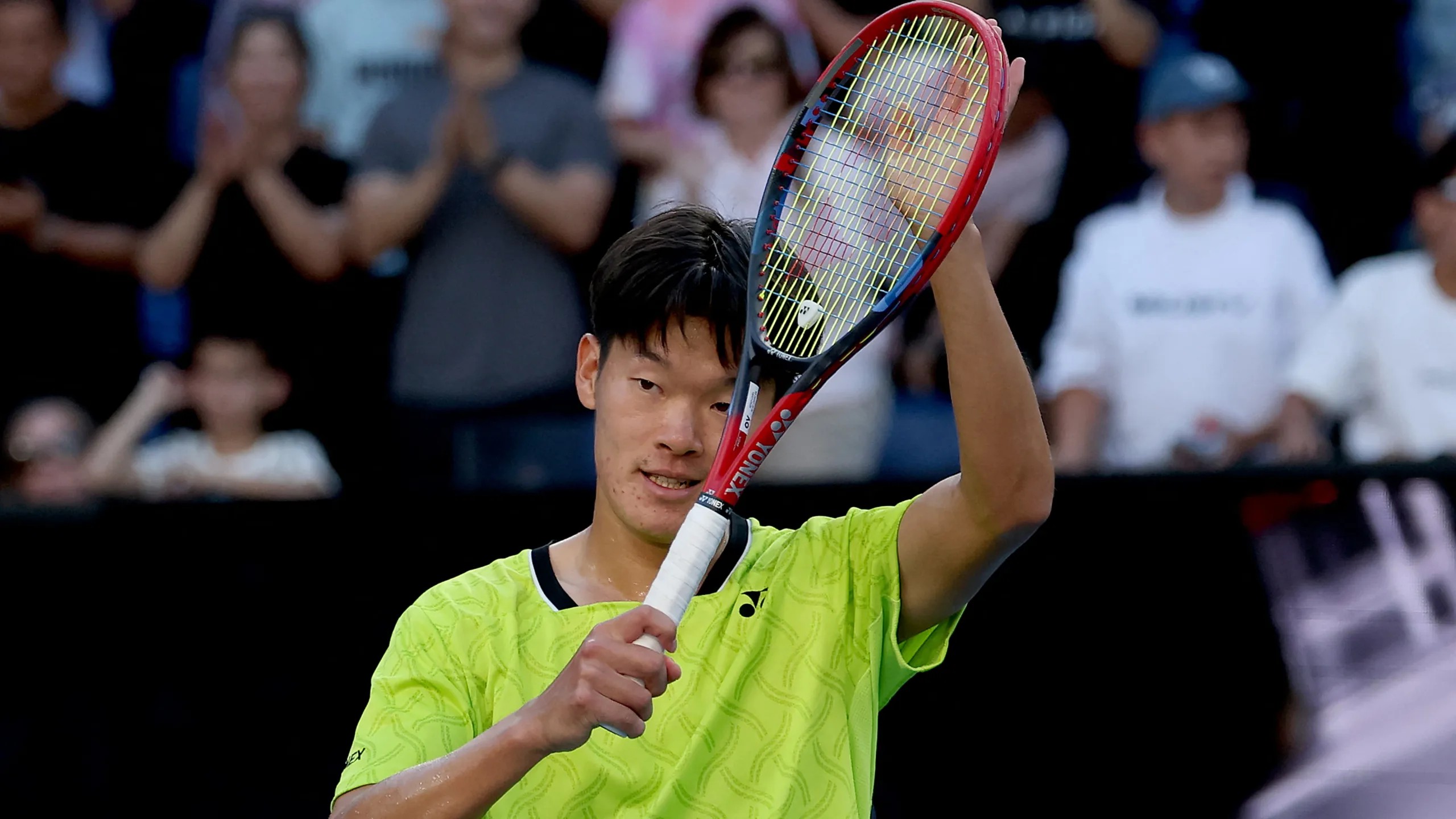
Hi, my name is Michael Zheng.
Michael Zheng is a Columbia University senior and an ATP Tour rookie ranked 149th. Two months into 2026 he has already travelled to New Caledonia, Melbourne, Charlottesville, Chapel Hill, Ann Arbor, Dallas and Princeton, and marked his 22nd birthday along the way. This spring his objectives are straightforward: earn his degree, help Columbia back into the NCAAs final eight, and launch his professional career full time.
Zheng’s family story is part of that trajectory. His parents, Joe and Mei, emigrated from Hubei, China, to the U.S. in the early 2000s. He was born in Chesapeake, Va., in 2004, spent three months back in China with his aunt, then moved to Montville, N.J., around age two. Both parents work in IT. His father, a self-taught player who picked up tennis in his mid-20s, named him for Michael Chang and Michael Jordan and pushed the tennis dream; Zheng remembers the milestone of finally beating his father at 13.
On court, Zheng combined a successful junior career, including a run to the Wimbledon boys’ final in 2022, with a decision to attend Columbia. He chose the Ivy League school in part because of coach Howie Endelman’s record of improving players. Columbia’s program delivered team success, winning the Ivies twice, while Zheng won two NCAA singles titles. Zheng also became the first man from an Ivy League school to win a singles title in 102 years. He is a psychology major living in a dorm in New York City, balancing classes, papers and team practice with professional ambitions.
The opening months of 2026 raised the stakes. Zheng won three matches to qualify for the Australian Open and then his first main-draw match against Sebastian Korda. He suffered an adductor injury in Australia, and Korda beat him in Dallas. “So I was like, you know, why not? Why can’t I have a run here?” he said, reflecting on the confidence those wins brought. He also acknowledged areas to improve: serve and return, and adapting to the solitary grind of life on tour compared with the built-in support of college team tennis. Winning, he says, makes the travel easier and provides the motivation to stay in draws as long as possible.
Australian Open 2026 Grand Slam Qatar TotalEnergies Open
Rybakina says she ‘knew the road’ after second major as she arrives in Doha
After her Australian Open victory, Elena Rybakina said she ‘knew the road’ back to major success….
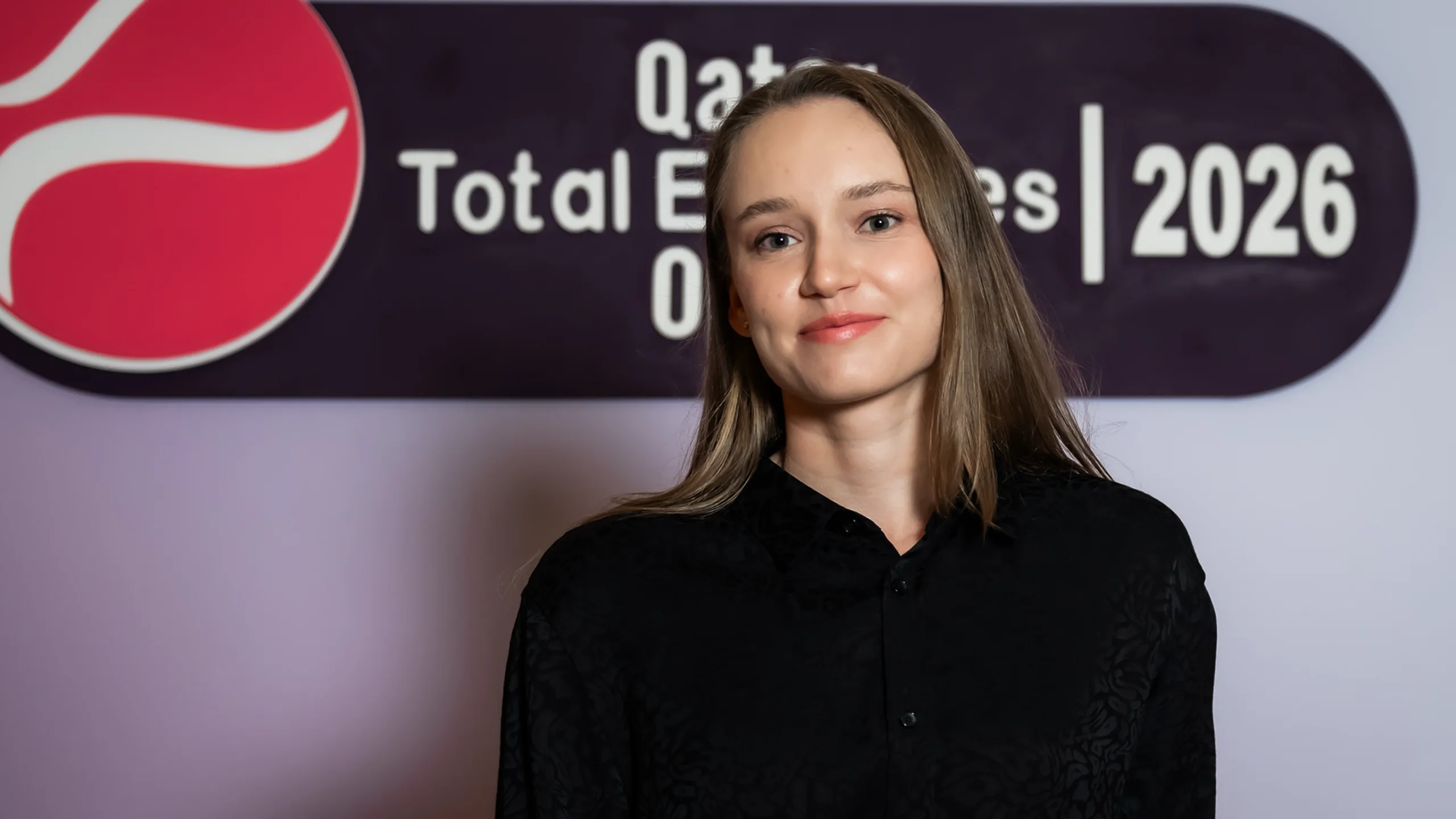
Elena Rybakina arrived in Doha carrying the momentum of a second major title and a clear sense that the path to further success was familiar.
“I kind of knew the road,” Rybakina said at the Qatar TotalEnergies Open after her title run at the 2026 Australian Open. Her victory in Melbourne, achieved despite arriving with a cold, included wins over both No. 1 Aryna Sabalenka and No. 2 Iga Swiatek and returned her to No. 3 in the WTA rankings.
The world No. 3 traced that confidence back to her first Grand Slam triumph at the 2022 Wimbledon Championships and the complicated aftermath of that win. Awarded no ranking points after the All England Club’s decision to ban Russian and Belarusian players, Rybakina noted the odd sense of not feeling fully recognised in the weeks that followed.
“I feel like actually I’m not the Wimbledon champion,” she said at the 2022 US Open. “I didn’t get this feeling to be No. 2 or actually achieve, because it’s still different treatment when you are Top 10 or Top 20. Even with the win of Wimbledon, it’s kind of different feeling.”
Reflecting on the two Slams, she added: “At Wimbledon, it was really not expected. I think I wasn’t really prepared that well,” and, of the Australian Open, “It was a lot of emotions, different ones, in Australia. I feel like it’s more of a job. I try to really prepare for each match differently. If I have time, we celebrate, but if we don’t, there’s a lot of tournaments ahead.”
Sitting atop the Race to the WTA Finals standings, Rybakina welcomed the security that comes with a major and a high ranking. “It’s a big advantage,” smiled Rybakina, who won the tournament last year after qualifying under the wire in the fall. The tour guarantees entry to major champions who finish the year inside the Top 20, effectively putting her on course for the season-ending championships in Riyadh.
Hopefully, this week can be as good as in Australia. But if not, we still have so many tournaments ahead… Elena Rybakina
A former finalist in Doha, she declined an extended break and emphasised process over pressure. “We’ll see how I’m going to feel here and how the matches will go,” said Rybakina, who is the No. 2 seed in Doha. “It’s good practice no matter what. We’ll still try to work on some things with the team. I don’t put too much pressure or expectations, that’s for sure. But I definitely want to do well and we’ll see how it’s going to go day by day.”
-
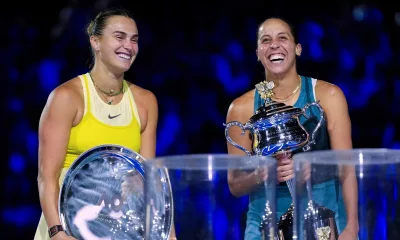
 ATPAustralian OpenGrand Slam2 months ago
ATPAustralian OpenGrand Slam2 months agoAustralian Open announces record A$111.5 million prize pool for 2026
-
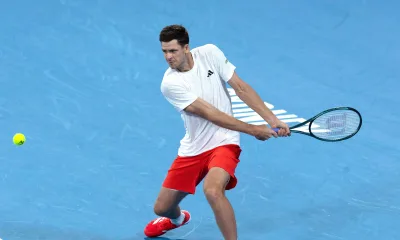
 ATPUnited CupWTA2 months ago
ATPUnited CupWTA2 months agoHurkacz edges Zverev in straight sets in United Cup return
-
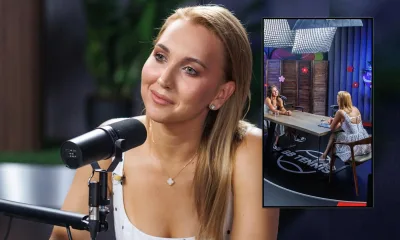
 ATPPlayer NewsWTA2 months ago
ATPPlayer NewsWTA2 months agoVesnina rejects claim that podcast aired unapproved Kudermetova anecdote about Rune


